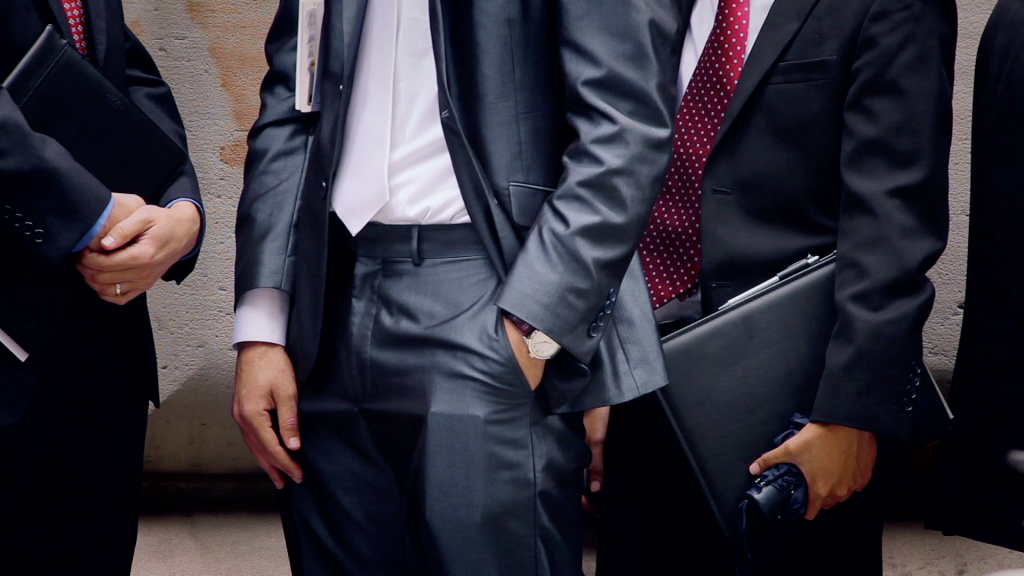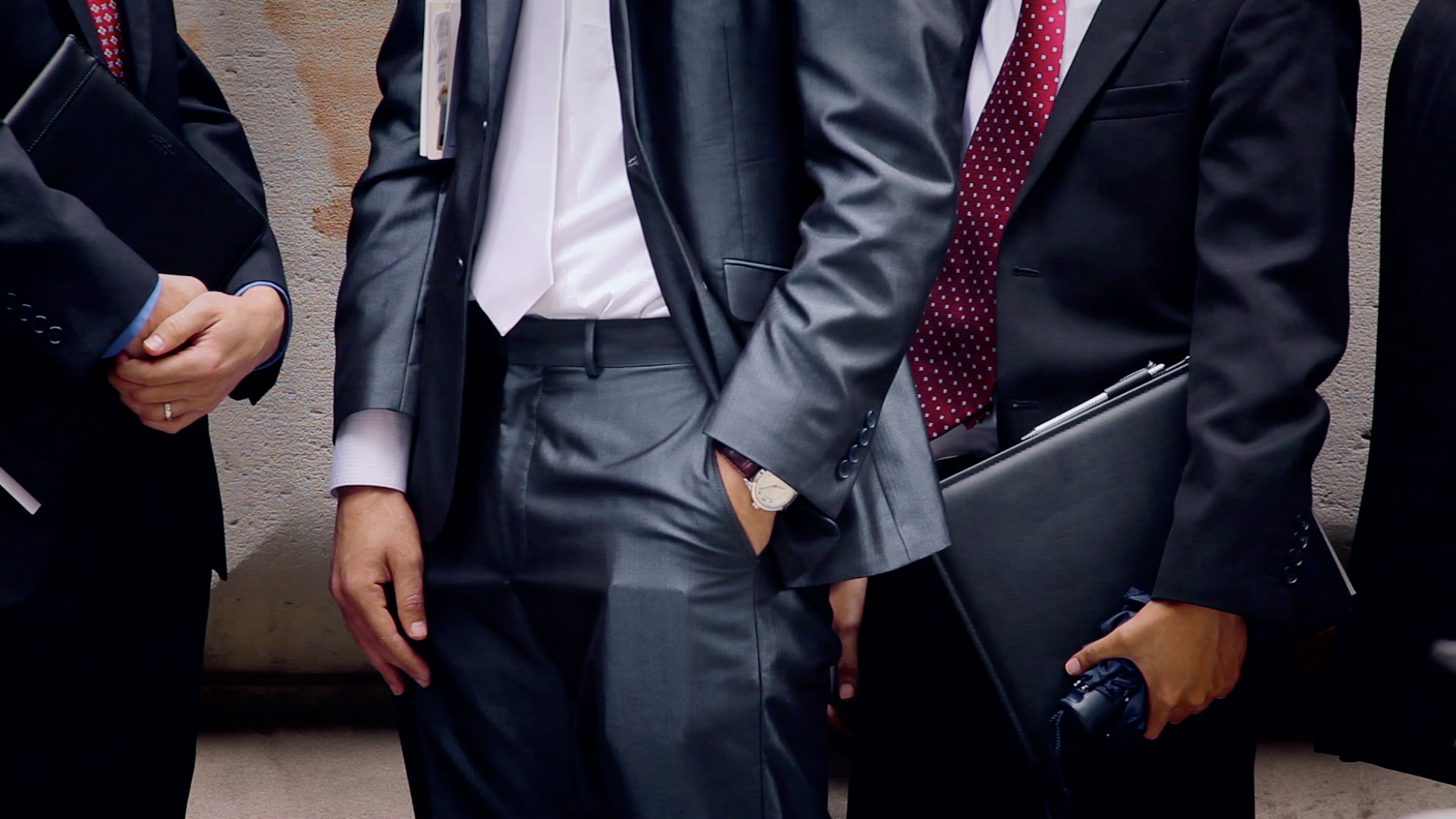Senators Ask DOJ: Is Wall Street Really “Too Big to Jail”?

January 29, 2013
Share
Two U.S. senators sent a letter to Attorney General Eric Holder today, questioning the action the Justice Department has taken so far against major banks for their role in the financial crisis.
Sens. Sherrod Brown, the Democrat Chairman of the Banking Committee, and Chuck Grassley, an Iowa Republican who is a ranking member of the Judiciary Committee, said in the letter that the settlements that had taken place were “disproportionately low,” and led to concerns that Wall Street banks received preferential treatment.
The letter cited a recent FRONTLINE interview with outgoing Assistant Attorney General Lanny Breuer, who defended the department’s approach to prosecutions so far in last week’s film, The Untouchables. Breuer told correspondent Martin Smith:
… if I bring a case against an institution, and as a result of bringing that case, there’s some huge economic effect — if it creates a ripple effect so that suddenly, counterparties and other financial institutions or other companies that had nothing to do with this are affected badly — it’s a factor we need to know and understand.
The letter also mentioned an additional statement in which the DOJ noted that it had consulted “experts” on how prosecuting financial institutions might impact the markets.
“These statements raise important questions about the Justice Department’s prosecutorial philosophy,” the senators wrote.
A Justice Department spokeswoman said in an email that officials had received the letter and were reviewing it.
The senators asked the DOJ to answer a list of questions, including whether the department has ever avoided bringing a prosecution against an institution out of concern that its failure could jeopardize the financial markets.
They also asked for the names of all outside experts the DOJ may have consulted in making prosecutorial decisions concerning financial institutions with more than $1 billion in assets, what those experts were paid, and how the DOJ ensured they offered unbiased advice.
“Our markets will only function efficiently if participants believe that all laws will be enforced consistently, and that violators will be punished to the fullest extent of the law,” the letter concluded. “There should not be one set of rules that apply to Wall Street and another set for the rest of us.”
The senators asked for a response by Feb. 8.
Grassley has been long been critical of the DOJ’s approach to Wall Street in the wake of the crisis. In The Untouchables, he told FRONTLINE: “I’m disappointed that in all of the wrongdoing that went on and all the fraud that went on, that there wasn’t an effort to go after bigger fish than the evidence shows they went after.”

Related Documentaries
Latest Documentaries
Related Stories
Related Stories
Explore
Policies
Teacher Center
Funding for FRONTLINE is provided through the support of PBS viewers and by the Corporation for Public Broadcasting, with major support from Ford Foundation. Additional funding is provided the Abrams Foundation, Park Foundation, John D. and Catherine T. MacArthur Foundation, Heising-Simons Foundation, and the FRONTLINE Trust, with major support from Jon and Jo Ann Hagler on behalf of the Jon L. Hagler Foundation, and additional support from Koo and Patricia Yuen. FRONTLINE is a registered trademark of WGBH Educational Foundation. Web Site Copyright ©1995-2025 WGBH Educational Foundation. PBS is a 501(c)(3) not-for-profit organization.





















